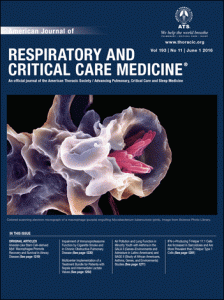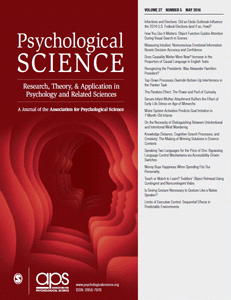
When authors get new data that revise a previous report, what should they do?
In the case of a 2015 lung cancer drug study in the New England Journal of Medicine (NEJM), the journal published a letter to the editor with the updated findings.
Shortly after the paper was published, a pharmaceutical company released new data showing the drug wasn’t quite as effective as it had seemed. Once the authors included the new data in their analysis, they adjusted their original response rate of 59% — hailed as one of a few “encouraging results” in an NEJM editorial at the time of publication — to 45%, as they write in the letter. One of the authors told us they published the 2015 paper using less “mature” data because the drug’s benefits appeared so promising, raising questions about when to publish “exciting but still evolving data.”
It’s not a correction, as the original paper has not been changed; it doesn’t even contain a flag that it’s been updated. But among the online letters about the paper is one from the authors, “Update to Rociletinib Data with the RECIST Confirmed Response Rate,” which provides the new data and backstory:
Continue reading How should journals update papers when new findings come out?
 Another expression of concern (EOC) has appeared for a pair of lung researchers formerly employed by Duke University.
Another expression of concern (EOC) has appeared for a pair of lung researchers formerly employed by Duke University.
 JAMA and another journal in its network have retracted three 2005 papers about preventing hip fractures, after an admission of scientific misconduct.
JAMA and another journal in its network have retracted three 2005 papers about preventing hip fractures, after an admission of scientific misconduct.  PLOS ONE has republished data that were
PLOS ONE has republished data that were 




